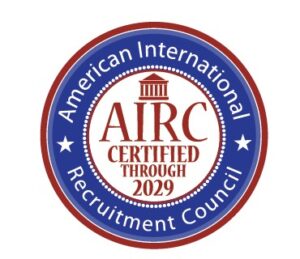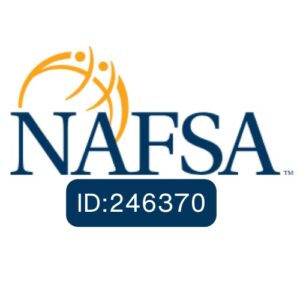Overseas education is something that a lot of students wish to pursue. However, it is essential to understand all the pros and cons before one decides to fly abroad for study. Here’s a checklist that you should consider towards your overseas education:
Information and resources
The first step is to do your research by surfing on the internet about the basics of the country, and its resources. Interacting with someone who studied in that country earlier, is the best way to obtain information about the country/course or university.
Preparation- You must prepare yourself mentally and physically to live in a foreign country. Which means you have to adapt to the weather, the cuisine, the hygiene and the other living conditions that prevail.
Cost of living
The cost of living accounts to 40% of the challenges of studying abroad. However, earning while studying is a viable option that is provided by almost all institutions to help reduce the financial burden from students.
Currency and exchange
You should have information about the currency exchange rate and carry enough money with you until you find an ATM or open a bank account. You can carry international debit cards with you, which you can use anywhere in the world and these cards are easily available at any nationalised bank in India.
Transportation abroad
The next thing is to consider the transportation and how you will get there. Will you rent or buy a car? How will you get around if there’s no public transportation system? These are the things that should be considered before you decide to take the plunge.
Living and accommodation- What will you live in? Will it be a hostel, an apartment, or will you find a private house? This is another important consideration as you might be in for a culture shock.
Bag-packing
Bag packing can be a hassle if the following items are missed out on-
Travel book/ guide for the respective country, electric adapters, warm clothes, jeans, hoodies, water proof jackets, basic first aid and prescription drugs for common cold, headaches or food poisoning, and all relevant documentation for proof of identity and admission.
Arrival formalities
The prime task on arrival is to register oneself with the ministry of internal affairs within 48 hours. Second task is to register at the local Indian Embassy. This will help you get temporary accommodation and other basic requirements before you can start living in the country.
Bank Account
One must have a bank account of the relevant country where they are studying. Having a local bank with the country makes transactions and account privileges a less challenging task in comparison to having your home/Indian account which may have branches overseas. Things that are required to open a local bank account in a different country are your passport, visa, student identity proof and proof of residence.
Scholarships
There are many scholarships available to students who want to pursue their dream course in an institution or faculty of choice. However, many students are not aware of these scholarships, or they do not know how to apply for them. You will need to provide information about your academic history, your current financial situation and your future plans. You may also need to write an essay or provide letters of recommendation.
International Calling/ Tele- communication
You will need a local SIM from a carrier service provided by the respective country so as to operate your mobile phone for voice calling and data services. The cheaper option is to avail services from a local provider instead of using international roaming on your existing provider.
Earning while you’re learning
There are some jobs called ‘blue collar jobs’ which can offer you an opportunity to work part-time so you can earn some extra pocket money for expenses or entertainment. For these jobs, as well as for the jobs you will take if you decide to stay in that country after graduation, you might need a work permit. It is very important to check these details so that you respect the local legislation and work legally.
 Skip to content
Skip to content





